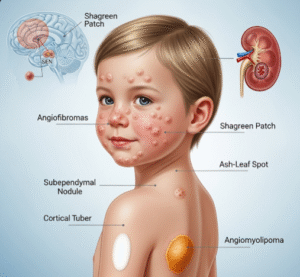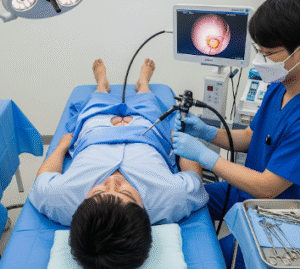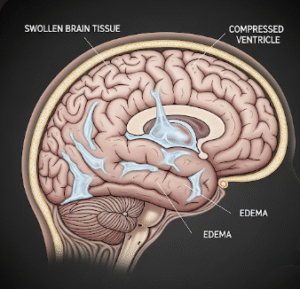Overview
A heart attack, medically known as myocardial infarction, occurs when blood flow to the heart muscle is blocked, causing tissue damage. In Korea, heart attacks are a major cause of morbidity and mortality, but advances in emergency care, interventional cardiology, and public awareness have significantly improved survival rates.
What is a Heart Attack?
A heart attack happens when one or more coronary arteries become blocked, usually due to atherosclerosis or a blood clot, reducing oxygen supply to the heart. This can lead to permanent damage to heart tissue if not treated promptly. Heart attacks primarily affect adults over 40, but risk factors like hypertension, diabetes, and smoking can accelerate onset.
Symptoms
- Severe chest pain or pressure, often radiating to the arm, neck, jaw, or back
- Shortness of breath
- Nausea or vomiting
- Sweating (diaphoresis)
- Lightheadedness or dizziness
- Rapid or irregular heartbeat
- Fatigue, especially in women and older adults
Causes
- Atherosclerosis (plaque buildup in coronary arteries)
- Blood clots obstructing coronary circulation
- Coronary artery spasm
- Risk factors such as hypertension, high cholesterol, diabetes, smoking, and obesity
Risk Factors
- Age over 45 for men and 55 for women
- Family history of heart disease
- Smoking and excessive alcohol consumption
- Poor diet high in saturated fats and sugar
- Physical inactivity and obesity
- High blood pressure, diabetes, or high cholesterol
- Chronic stress
Complications
If untreated, heart attacks can lead to:
- Heart failure due to weakened heart muscle
- Arrhythmias or irregular heartbeats
- Cardiogenic shock
- Heart rupture or valve dysfunction
- Recurrent heart attacks
- Sudden cardiac death
Prevention
- Maintain a heart-healthy diet rich in fruits, vegetables, and whole grains
- Engage in regular physical activity
- Avoid smoking and limit alcohol intake
- Control blood pressure, cholesterol, and blood sugar levels
- Manage stress and ensure adequate sleep
- Routine health screenings for early detection of risk factors
Treatment Options in Korea
Korea offers advanced and timely treatment for heart attacks:
- Emergency care:
- Rapid assessment in emergency departments with ECG, blood tests, and imaging
- Medications:
- Antiplatelets, anticoagulants, beta-blockers, ACE inhibitors, and statins
- Interventional procedures:
- Percutaneous coronary intervention (PCI), including angioplasty and stent placement, performed in leading hospitals like Samsung Medical Center, Asan Medical Center, and Seoul National University Hospital
- Surgical options:
- Coronary artery bypass grafting (CABG) for severe or multi-vessel blockages
- Cardiac rehabilitation:
- Supervised exercise, lifestyle counseling, and nutritional guidance to improve recovery
- Follow-up care:
- Regular cardiology visits, echocardiograms, stress tests, and monitoring for recurrence
With immediate treatment and ongoing cardiac care, patients in Korea have a high chance of recovery, reduced complications, and improved long-term heart health.













